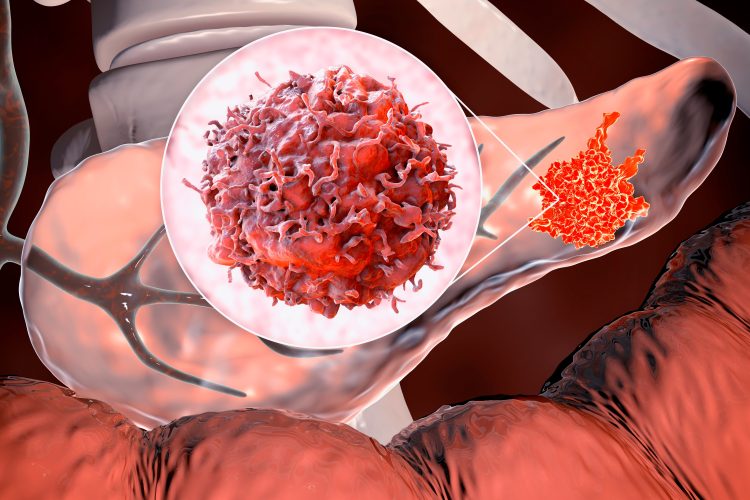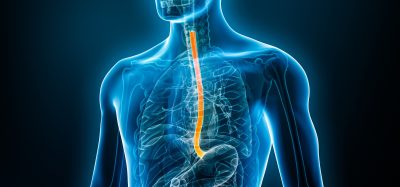The implications of EN-1 overexpression in late-stage PDAC
Posted: 15 February 2024 | Drug Target Review | No comments yet
Using tumour organoids, researchers identified that overexpression of Engrailed-1 blocked genes associated with natural cell death.


A novel breakthrough in pancreatic cancer research has been made by researchers at Cold Spring Harbor Laboratory (CSHL) and the University of California, Davis, which could help to slow metastases.
Dr Chang-il Hwang, who in 2017 was a postdoc in CSHL’s Tuveson lab, discovered a protein that is crucial for jumpstarting metastasis in pancreatic ductal adenocarcinoma (PDAC) alongside colleagues from the Vakoc lab. He is currently an assistant professor at UC Davis, and recently reunited with CSHL professors Dr David Tuveson and Dr Christopher Vakoc.
In the new study, the researchers discovered that the Engrailed-1 (EN-1) transcription factor is hijacked by late-stage PDAC to evade the body’s natural cancer defences. EN-1 is required to form major areas of the brain. Dr Hwang elucidated: “EN-1 is known to play a role in neurodevelopment…In the pancreas, it’s not normally expressed. But in the later stages of pancreatic cancer, it gets overly expressed and makes the cancer more metastatic.”
To investigate whether EN-1 could be targeted in cancer, the team used tumour organoids to identify the role of over-expressed EN-1 in PDAC. They observed that genes associated with natural cell death were blocked when there were higher levels of the aberrant protein. When EN-1 expression was restricted, the genes it targets were able to function correctly, promoting healthy cell survival.
“Without EN-1, cancer progression slows,” Dr Hwang commented. “At the moment, it’s hard to target transcription factors with drugs. But in the future, it may be possible to disrupt the kind of interactions we see with mutated EN-1 in PDAC.” Moving forward, Dr Hwang plans to continue collaboration with CSHL, aiming for better treatments for pancreatic cancer which remains the third-leading cause of cancer-related deaths in the US.
Dr Hwang concluded: “We know certain types of PDAC are dependent on EN-1…If we can develop a way to test for it, we can create more personalised therapeutics and treatment strategies for patients. We’re looking forward to heading in that direction.”
This study was published in Advanced Science.
Related topics
Cancer research, Oncology, Precision Medicine, Protein
Related conditions
Cancer Research, pancreatic ductal adenocarcinoma (PDA)
Related organisations
California University, Cold Spring Harbor Laboratory (CSHL), Davis








